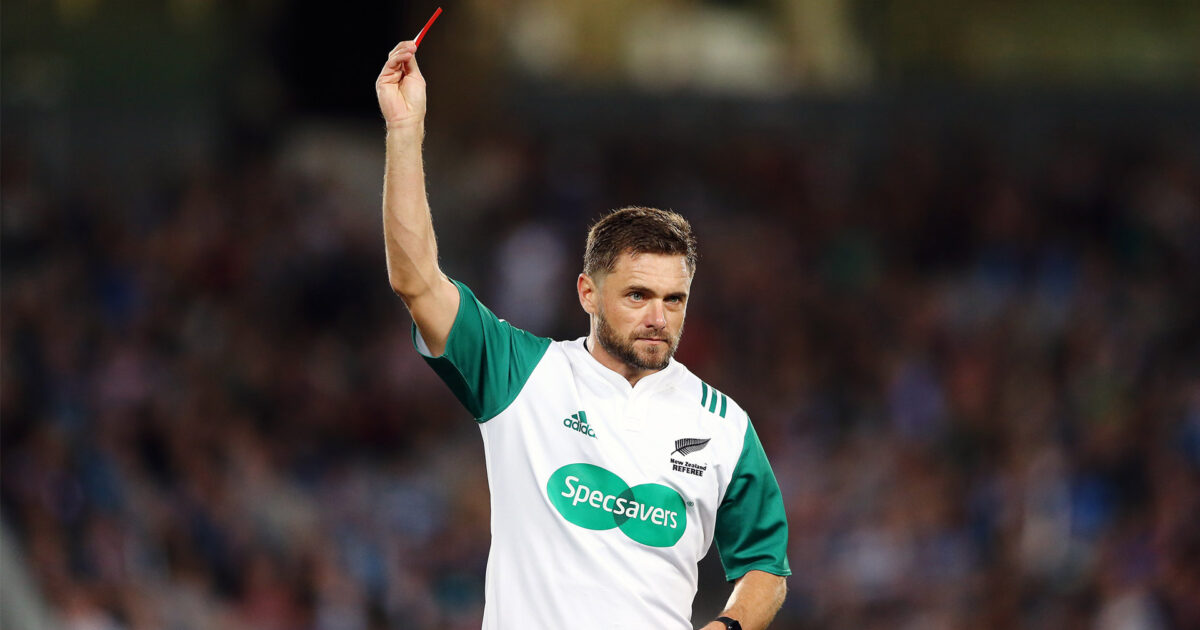Eight things that would make Super Rugby a must-watch competition in 2021

While it’s still difficult to say for sure what fans will be subjected to when Super Rugby returns in 2021, there are some changes to the game that should be here to stay – including some of the new rules introduced in the Aotearoa and AU competitions this season.
1. Late start, early finish
Back in the salad days of 1996, when Super Rugby was actually an enjoyable, attractive competition, it kicked off on March 1 and the final was held on May 25. It was all over in less than three months, leaving a clear window for club rugby and a decent lead-in to international rugby.
It won’t happen in 2021, but it should do. For starters, the international season is not due to finish until December, so a January/February kickoff, as in 2020, would be absurd. The players will need a half-decent window to rest, recover and recondition.
If 10 teams were in the competition, they could play a full nine rounds, plus byes, and then semis and final. There is your 12 weeks, a sprint rather than an interminable marathon.
2. A ‘normal’ bonus points system
A few years ago, SANZAAR decided it would copy the French Top 14 and change the bonus point system to reward sides that scored three tries more than their opponents, instead of teams that managed four tries regardless of how their opposition faired. Why why would you feel the need to imitate the French, who have always marched to the beat of their own drum? It becomes confusing for fans, who are primarily interested in what their team is doing. A bonus point for scoring four tries was always the best way.
3. Brodie and Beaudy forego Japan to play Super Rugby
The COVID-19 situation in Japan is not flash, with upwards of 25,000 cases and nearly 1,000 deaths. Most important, however, is what it might look like around November when Brodie Retallick and Beauden Barrett will be on the cusp of taking up their deals for the 2021 Top League season.
What is clear is that Super Rugby needs its marquee players. The Chiefs miss Retallick something chronic, as will the Blues with Barrett, despite his underwhelming form at fullback. Both players could possibly pull the plug if the situation worsens in the Land of the Rising Sun.
4. Pasifika team to be a success on and off the field
There are many questions still surrounding the possible make-up of a Pasifika franchise. It is a long-overdue scenario, and the temptation will be to say it needs time to bed in. Maybe so, but if the team can play attractive footy, whether it be based in Auckland, Fiji or Hawaii, then that will be a massive boon.
We do not yet know the financial clout of the Kanaloa consortium, made up of several former All Blacks, including Jerome Kaino, but many, many fans will be willing this to work.
5. The Force take precedent ahead of the Rebels
It mystified many when the Western Force were jettisoned from Super Rugby after the 2017 season. They had placed second in the Australian conference that season and Perth is far more of a rugby city than Melbourne ever will be. The work of Andrew ‘Twiggy’ Forrest and his team, via Global Rapid Rugby, should be enough to win a place if there are four Australian teams given the nod. It will then be goodbye to the Rebels.
https://www.instagram.com/p/CC45TMQg8Tp/
6. Crusaders to not win
The Crusaders are odds-on to win the inaugural Super Rugby Aotearoa, which would be their fourth straight title and 11th in all since 1996. It’s an astonishing level of dominance, but the competition needs another franchise, probably a Kiwi one, to lift its game and the trophy in 2021. That would be a major shot in the arm for Super Rugby.
7. 20-minute ejections for red cards
We haven’t seen one of these yet in Super Rugby Aotearoa, other than Scott Scrafton’s (unjust) double yellow/red against the Chiefs, but it’s a good move by administrators. Super Rugby is about entertainment, and we don’t need an unnecessary ejection that impacts adversely on the contest, especially when some of the officials are making enough bad calls as it is.
In addition, the golden point rule, yet to be used, should remain.
8. Someone to come up with a legal way to stop lineout drives
Yes, yes, we know that a well-executed lineout drive is a skilful piece of collective play by a forward pack, but it’s almost impossible to stop legally. Last weekend, there were three tries from this tactic in both the Super Rugby Aotearoa clashes. We know Folau Fainga’a is deadly from it for the Brumbies, and the Chiefs’ Bradley Slater latched onto two of those drives for tries against the Highlanders. Let’s not make it too monotonous, lads.





































































